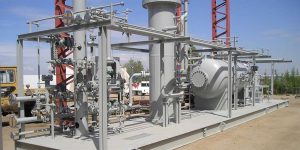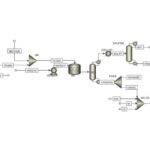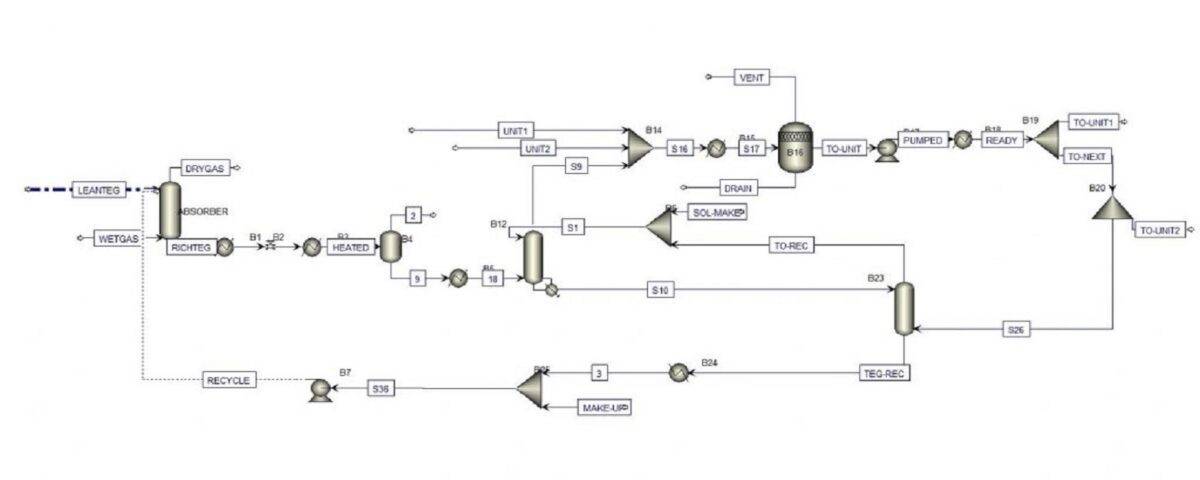Introduction
Natural gas often contains methane and some amounts of ethane, propane, butane, and heavier hydrocarbons. Along with these substances, there are also impurities that need to be removed. The most important of these impurities are hydrogen sulfide, carbon dioxide, and water. Natural gas processing involves separating certain substances from wellhead natural gas, such as water, sour gases, and high molecular weight compounds. Processed natural gas has numerous applications.
Dehydration of Natural Gas
One of the most important impurities in natural gas that must be removed is water. Water vapor is one of the most common impurities present in natural gas streams and must be removed. Water vapor, if converted to liquid or solid in gas transmission lines, will be very undesirable. Liquid water will cause corrosion, and if it turns into solid hydrates, it can block the transmission line and cause problems. Natural gas exiting the well is usually saturated with some water. Water combines with methane, ethane, and propane molecules to produce hydrates. Gas hydrate is similar to snow, light and porous, and forms at temperatures above zero degrees Celsius.
In some cases, water vapor severely poisons expensive catalysts or causes undesirable side reactions. To prevent such problems, the gas stream is dehydrated using various methods before entering the transmission lines. The most common method in the world is the use of TEG. To increase the efficiency of this method, there are various factors, one of which is adding a hydrocarbon solvent to TEG. This method helps to volatilize water in this solution in the stripping tower and results in obtaining purer TEG, and the gas dew point can be significantly lower than the current method used. The technology for which is now monopolized by the DRIZO company and is known as the DRIZO process.

Simulation of a Dehydration Unit (DRIZO)
In this project, the simulation of the dehumidification unit (DRIZO) AGHAR of has been done with Aspen Plus software in five modes.
1. Normal heptane
2. ISO octane
3. Without Draiso
4. Toluene
5. Dehumidification of natural gas with triethylene glycol (TEG)
This project also has an educational video.


